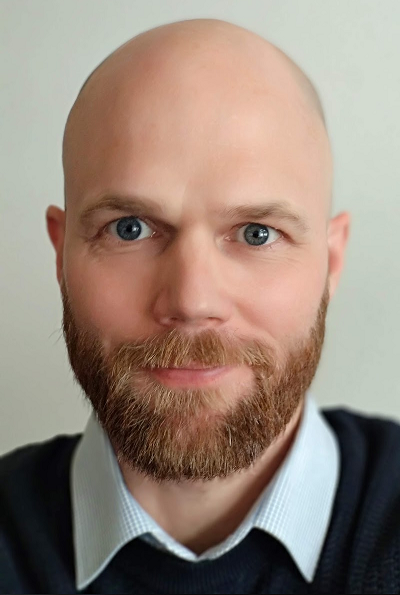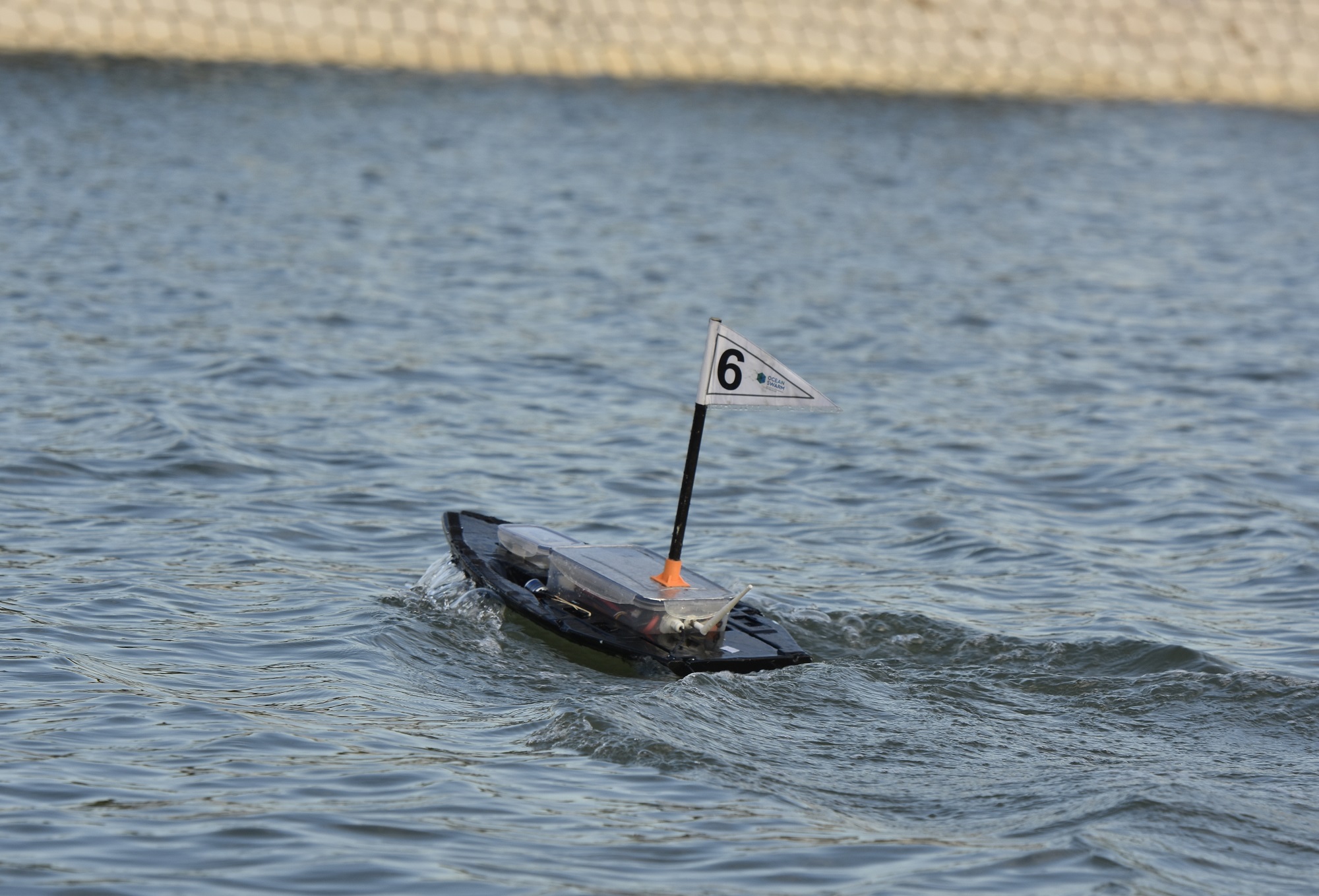
Anders Lyhne Christensen
Anders Lyhne Christensen is an associated professor at the University of Southern Denmark (USD). Prior to joining USD in mid-2018, he founded the Bio-inspired Computation and Intelligent Machines Lab (BioMachines) at the University Institute of Lisbon. In 2008, he obtained a European PhD from Université Libre de Bruxelles on fault detection and fault tolerance in swarm robotics systems. Dr. Christensen has participated in several national and international research projects, he is on the editorial board of three international journals on artificial intelligence and robots, and he has served on more than 50 conference committees, including AAMAS, AAAI, IJCAI, and IROS. He has published more than 100 scientific papers. In 2015, he joined the COHiTEC technology acceleration program as the leader of the team that went on to found Ocean Swarm Lda - a high-tech start-up focused on the commercialization of the multirobot technologies for maritime environments developed in the BioMachines Lab.
Experiments with evolved control for a system of autonomous surface robots
Swarm robotics systems have a large number of potential real-world applications. In particular, tasks that require sensing or action over large areas or at a high spatiotemporal resolution are candidates for application of future systems. To date, however, swarm robotics systems have almost exclusively been demonstrated in controlled lab environments or in simulation. In this talk, I will discuss our ongoing efforts to bring swarm robotics systems to real-world application. In my lab, we have recently built a swarm system composed of ten autonomous surface robots, and we have synthesized self-organized control for the robots. I will discuss our system and our methods, and I will show the results we have obtained so far. I will end the talk with a discussion on future opportunities and challenges associated with bringing swarm robotics systems to real-world applications.
